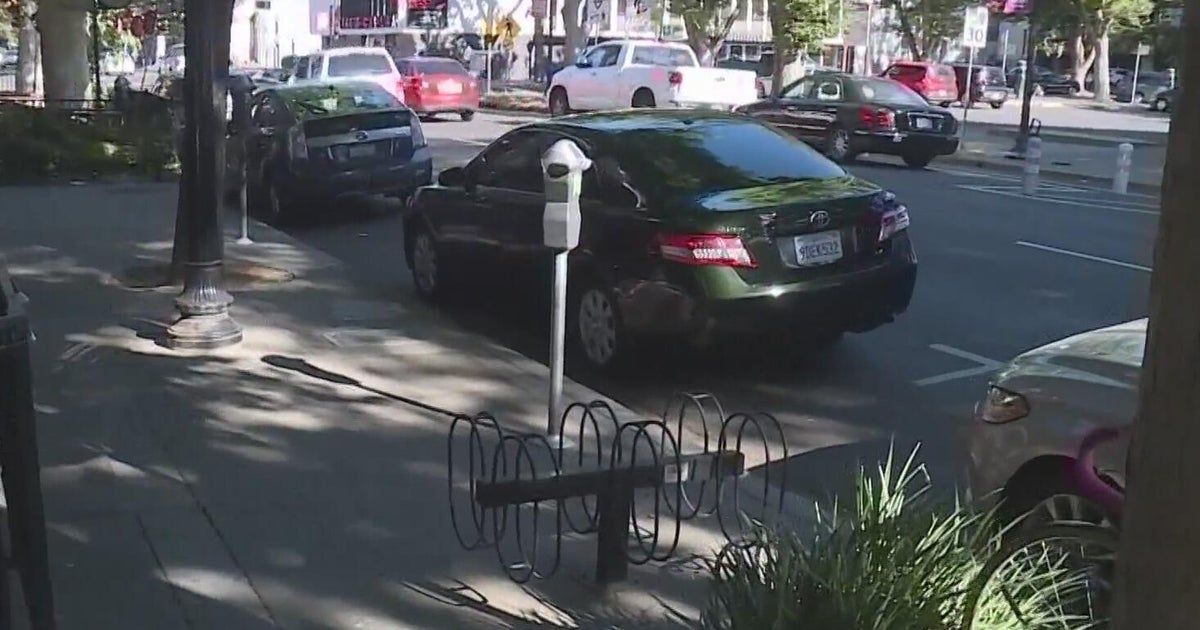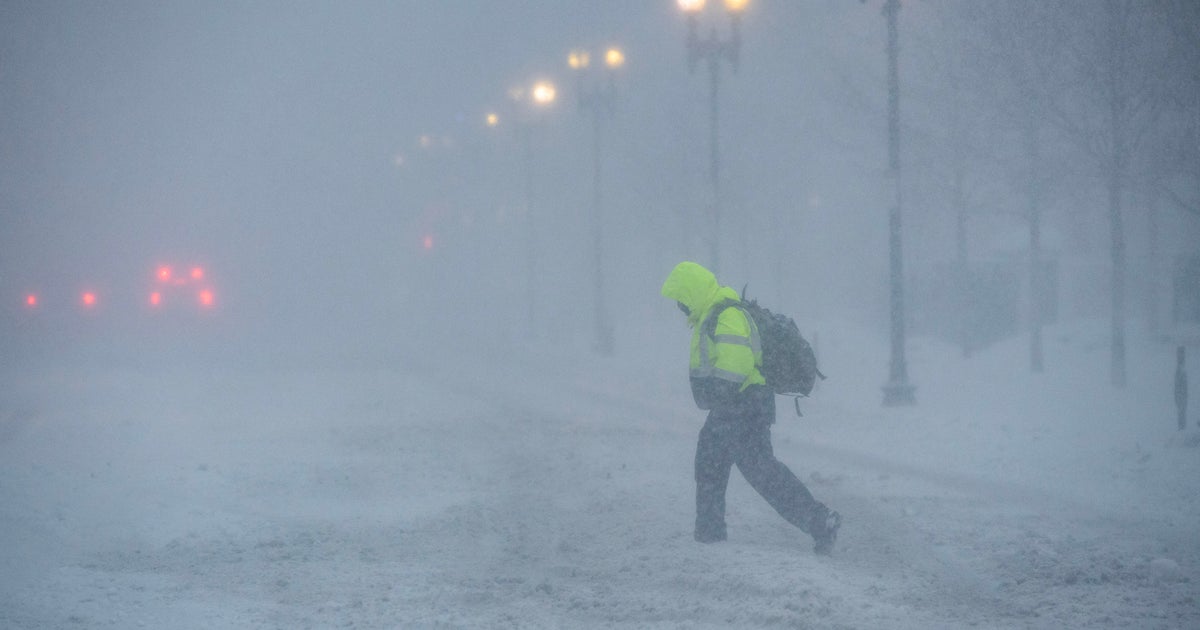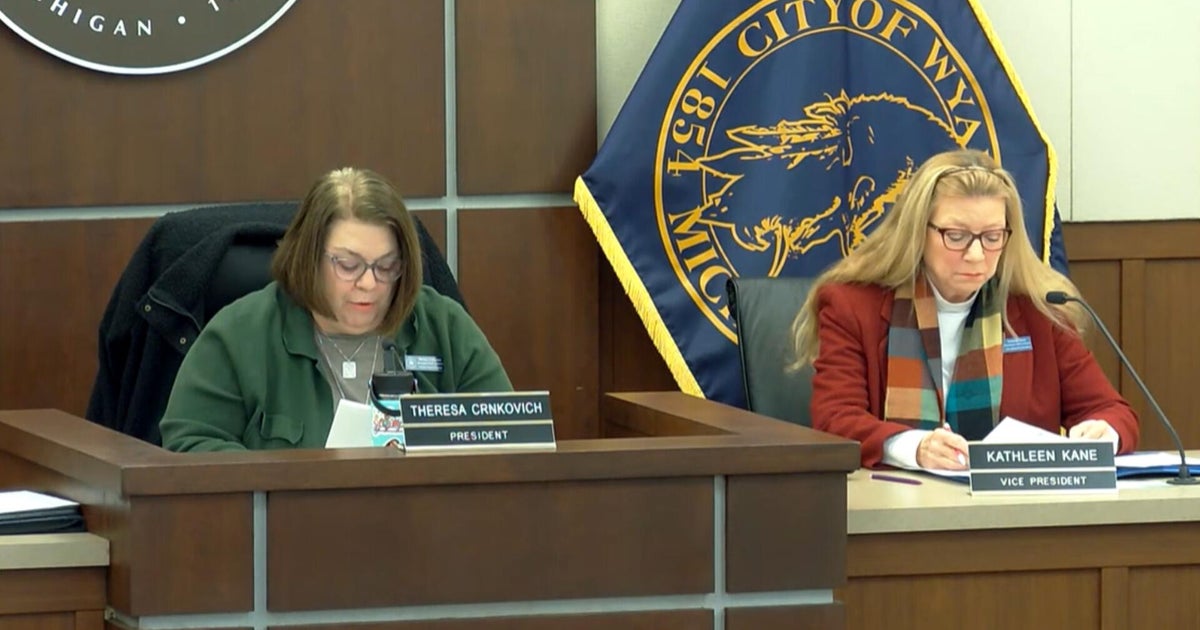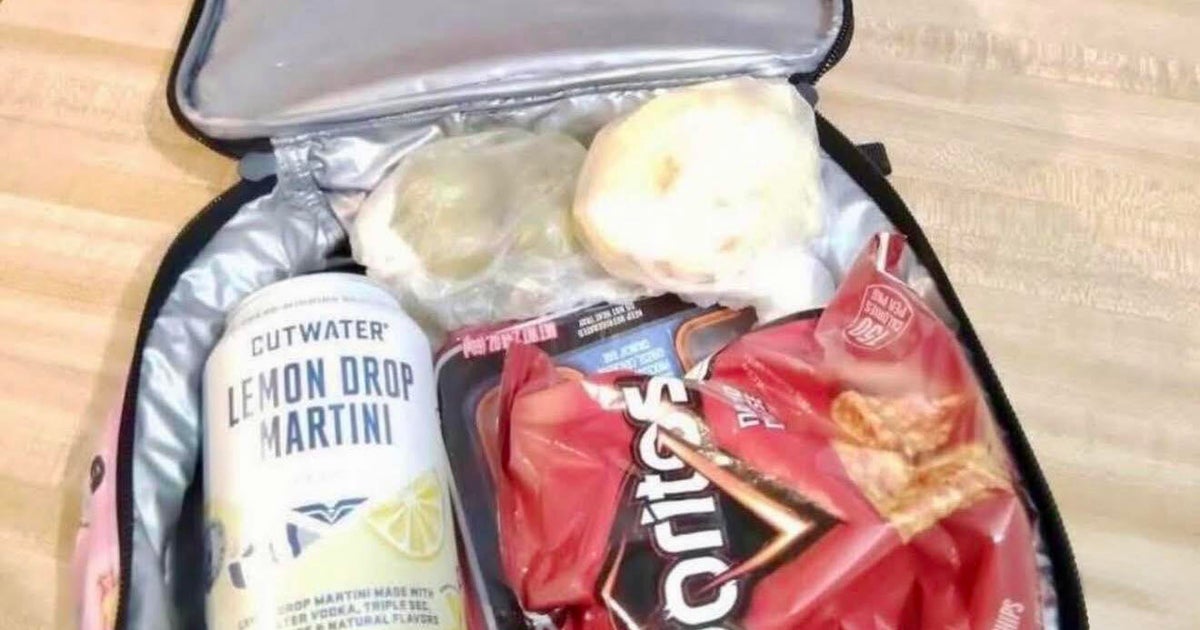The 2-Day Hike: What To Bring & Why To Bring It
 Photo Courtesy of Simon & Schuster
Photo Courtesy of Simon & Schuster
Erica Ferencik is a graduate of the MFA program in Creative Writing at Boston University. Her work has appeared in Salon and The Boston Globe, as well as on National Public Radio. Her first novel, The River At Night, on sale now from our sister company, Simon & Schuster, is a high stakes drama set in the Maine wilderness as four friends fight to survive after a white water rafting accident. Find out more on her website EricaFerencik.com and follow her on Twitter @EricaFerencik.Setting off on a multi-day hike? Before you schlep to your favorite outdoor store, take a spin through this list. Not only do I not want you to go broke, but I also don't want you to be unable to lift your pack off the floor, just like Reese Witherspoon in Wild.
Please Note: This list does NOT include anything you might need for overnight camping including tents, sleeping bags, pads, stoves, etc. Instead, the list below is one I have honed over the years from doing two and three day hikes in the White Mountains of New Hampshire, using their wonderful hut system for overnight lodging, dinner and breakfast.
The List:A Decent Backpack: It's tempting, but don't buy this online. Your pack must be tried on in the store. Must have support, fit well to your body.
Day pack: Truly, a day pack. Not a big heavy thing you could carry schoolbooks in. Something small, light, collapsible.
Whistle: It's light, small and loud. Buy it, bring it.
Water Bottles For 1 ½ Liters Of Water: Obviously. Also, no matter what sort of water source you think you're going to encounter and what sort of fancy water purifier you have, fill up your bottles with fresh water at every opportunity.
Hiking Boots Suited To Terrain: This may be your most important purchase. Talk to the nice people at REI or wherever. Make them spend time with you. Tap their geeky knowledge of grip and wear and waterproofness. Then spend as much time as possible before your trip wearing your new boots here and there and everywhere you can.
Flip Flops Or Other Lightweight Alternate Footwear: I swear you will eventually arrive at the campsite. And as much as you love your new hiking boots, you will be dying to take them off. Again: think light footwear. Just something for between your socks and the earth. Best are: not-between-the-toe sandals (like crocs, for example) so you can wear socks.
Bathing Suit: Hey, you never know. Waterfalls beckon. Nakedness may not.
Toiletries: Make sure you have: small sunscreen, toothbrush, small toothpaste, chapstick, comb, tissues, any meds you may need, small bottle of liquid soap. (Dr. Bronner's soap is a great, biodegradable choice, available in most outdoor stores.) Also: toilet paper (in a plastic bag of course), and a "sanitation trowel." Do you garden? Then bring your gardening trowel. Just do it…
Small Towel: Of course for washing up, but on those hot summer days I wear this around my neck to mop up my face. Have also used as a cushion between the straps of my backpack and shoulders. Endless uses.
Small Paperback Or Magazine To Read: A personal choice, but I love having a book with me at all times.
Headlamp With Extra Batteries: I used to scoff at headlamps. One overnight camping trip later with others sporting these - both hands free as they set up a tent in the dark - I scoffed no more.
Nylon Drawstring Bags Or Plastic Bags With Handles: These are needed to keep gear dry, sorted and able to be hung up on hooks if necessary. I put most everything I bring in ziplock bags, including my clothes. Rain happens. Having dry clothes to change into cuts the misery factor way down, and has saved lives by avoiding hypothermia.
Large Trash Bag: To cover your pack in case of rain.
Health Card/Info And Drivers License: Yes, bring it, you never know.
Earplugs And Eyeshade: I don't know how many times I've been caught sleeping dorm-style and been kept up all night by the snorers of the world. Not necessary.
Cash For Emergencies: Put a couple of twenties in your glove compartment.
First Aid Supplies: I see so many hiking lists that say: "someone in your party" should bring a first aid kit. Hate to say it, but everybody should have their own at hand. Bring, in a ziplock bag, band aids, antiseptic wet wipes, Aleve or ibuprophen (all in pill form), tissues, moleskin, a small scissor (like a nail scissor), unless you have a truly functional one on your Swiss Army knife.
Swiss Army Knife: Such a great thing to have. Geek out and get one.
Map or book of maps in waterproof plastic bag: Again, don't think that only one person in your party: 1) needs to know the route and 2) needs to be the one to carry the map. Never delegate responsibility for your safety to another person. It's not fair to either of you.
Compass: Yes.
Caribiner: These are metal hooks with spring-loaded hooks. Very useful. Bring a couple of these.
Matches In Waterproof Container And Lighter: Of course.
Water Treatment System: I have used and think highly of this one.
Bivy Or Reflective Blanket: This is a great one.
Small Outdoor Journal And Pen: Want it? Bring it.
Insect Repellant: The one year I was told: "bugs are almost nonexistent this year, don't bother," I was attacked by mosquitos and black flies. Just bring it.
Bear Spray: Buy it, bring it. It's around $15. You just don't know what is out there.
Cell Phone: Yes. Want to bring a back-up battery pack? It's heavy but if you're nervous, bring it.
Personal Locator Beacon: These run around $250 and up. Think about your needs, your planning for this hike. I have never used one; that said, there was one hike where this would have come in handy.
Good choices for food for your hike.
Clothes: What to wear depending on the season.
- Credit card, small amount of cash
- Post-hike snacks, anything that won't melt or go bad
- Bottled water, soap and shampoo, clean towel for shower, change of clothes, warm clothing
- Trip itinerary under car seat
- Leave a trip itinerary with a friend not going on the hike, as well as a copy left under your car seat.
- Start gathering everything you need for the hike as soon as you know you are going.
- Be fully packed the day before. Weigh your pack. More than 35 lbs? Dump stuff out. What is in there that you don't need?
- Pack the stuff you will need at the end of the day first, followed by things you will need all day long. Keep water and food in pockets of your pack. See more packing tips here.
Have a great trip and stay safe!







